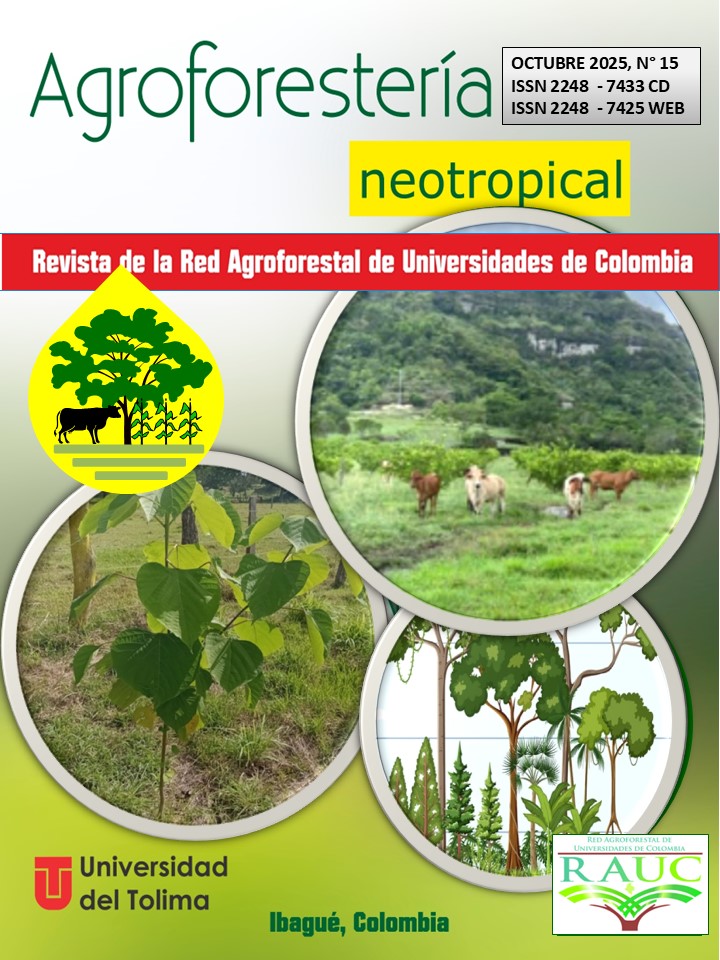Use of agricultural by-products in broiler diets: A sustainable approach to poultry nutrition
Resumen
Feed accounts for the major portion of broiler production costs, highlighting the urgent need to identify alternative and cost-effective resources. At the same time, a considerable volume of agricultural by-products is generated annually, which, if not properly utilized, contributes to environmental pollution. The incorporation of agricultural by-products into poultry diets offers a sustainable strategy for reducing feed costs while improving environmental indices. In addition to their nutritional value, these by-products are rich in bioactive compounds such as polyphenols, flavonoids, and natural antioxidants that can enhance meat quality, immune status, and overall health in broilers. Studies have demonstrated that citrus pulp can be included in diets at levels up to 10% without adverse effects on growth performance or carcass yield, while improving antioxidant capacity and reducing cholesterol levels. Grape pomace, rich in phenolic compounds, has shown positive effects on lipid profiles and a reduction in meat lipid peroxidation. Tomato pomace, containing lycopene and natural vitamin E, increases dietary antioxidant capacity, improves immune responses, and reduces serum triglycerides. Likewise, olive pomace, particularly when combined with enzyme supplementation, enhances feed intake, body weight gain, lipid profiles, and liver function; in fermented forms, it further improves meat oxidative stability and economic efficiency. Overall, scientific evidence suggests that the optimized and processed use of agricultural by-products can not only reduce production costs but also contribute significantly to the sustainability of the poultry industry, mitigation of environmental pollution, and enhancement of global food security.
Descargas
Descargas
Publicado
Cómo citar
Número
Sección
Licencia

Este obra está bajo una licencia de Creative Commons Reconocimiento-NoComercial-SinObraDerivada 4.0 Internacional.


